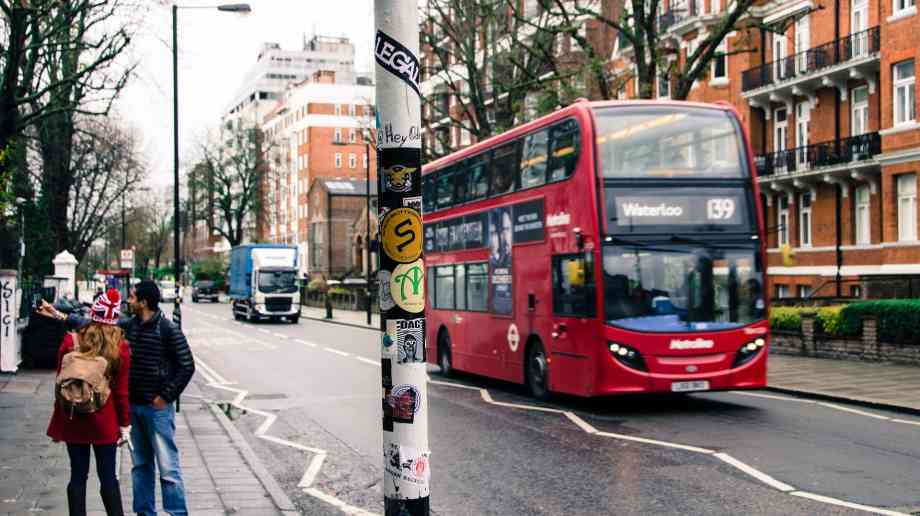Sue Robb of 4Children talks to Julie Laughton and Alison Britton from the Department for Education about the role of childminders in delivering the 30 hours free entitlement.
Low-income voters could sway next election

The Joseph Rowntree Foundation has claimed that low-income voters could be a crucial force at the next election, partly due to being more willing to switch between parties.
A new report, bringing together four years’ worth of political attitudes research, shows how low-income voters could prove to be a crucial force at the next election. Not only are low-income voters now more likely to vote (up by seven per cent between 2015 and 2017), they have become more willing to switch between parties and between voting and not voting.
For example, 59 per cent of low-income voters who did not vote at the 2017 General Election said they now planned to vote at the next one when asked in July 2019.
here are 9.5 million low income voters in Great Britain, 2.7 million of whom can be defined as swing voters. At the last election there were 130 seats where the number of low-income swing voters was larger than the majorities achieved.
The Joseph Rowntree Foundation found high levels of disillusion, distrust and cynicism, with many voters becoming jaded and suspicious over what they see as broken promises, neglect, and a feeling of not being listened to.The report also sets out the scope and urgency for all the major parties to make headway with this diverse group of voters.
Most are looking for leaders who understand their lives; reflect their values and will tackle the issues that matter most to them and their families. Questioned on their attitudes to policy, low-income voters, and voters overall, declared high levels of support for: more secure tenancies in the private rented sector; more council and housing association homes for rent; and guaranteeing that social security benefits rise in line with inflation.
Claire Ainsley, executive director of the independent Joseph Rowntree Foundation, said: “Action on living standards is not just a route to number 10 but is also the right thing to do. While Westminster remains at loggerheads, families are still being swept into poverty and struggling to make ends meet.
“Low-income voters may now hold sway in very many constituencies across Britain. They feel increasingly locked out of jobs, investment and opportunity. All parties must commit to a programme to improving living standards for those who are least well-off, investing in communities so places can thrive, and designing a social security system that enables families to keep their heads above water.
“Ultimately delivering on promises which improve people’s lives is the best way to restore trust and prove that politics can bring people together and be a force for good.”
Company Focus
Just Lanyards is a subsidiary name of Gifts 2 Impress Limited, who have been trading for over 25 years, we therefore pride ourselves in having endless experience covering all aspects of the promotional merchandise industry.
Event Diary
UKREiiF has quickly become a must-attend in the industry calendar for Government departments and local authorities.
The multi-award-winning UK Construction Week (UKCW), is the UK’s biggest trade event for the built environment that connects the whole supply chain to be the catalyst for growth and positive change in the industry.
Supplier Profiles
Geo Energy
At GeoEnergy Design, we're on a mission to disrupt the traditional way heating and cooling ha
Latest Features
Professor Harith Alani, director of the Knowledge Management Institute at the Open University explains how AI can be used for good and bad.
Alex Lawrence, head of health & social care, techUK sets out techUK’s Five Point Plan for CareTech.

















